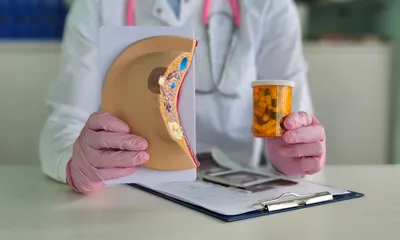Foods for a healthy heart

A Healthy heart is one of the most important factors in living a long healthy life. Diet plays huge role in overall heart health and can act as a preventative measure for diseases.
Here are the top foods for a healthy heart that can help with heart attack prevention, help determine the right types of fats, and the daily recommended amount.
Foods For a Healthy Heart
Both provide a high content of dietary fiber, low calories, and is easily prepared. Here is a list of well known fruits and vegetables that provide heart health benefits:
High in Vitamin C, A, potassium, fiber, and lycopene which help in disease prevention.
Helps in reducing bad cholesterol, strokes, and contains antioxidants. The antioxidants help prevent a series of events that lead to plaque build-up.
These provide “good” fats, not “bad” fats like saturated or trans fats. Bad fats contribute to high blood pressure which can build-up plaque in arteries.
Decreasing the amount of sodium intake will help reduce high-blood pressure. Looking at food label can help determine the sodium per portion size. Here is a list of foods with estimated milligrams of sodium per service.
To reduce salt in-take try eating fresh (not processed) foods, a variety of fruits and vegetables, unsalted nuts. Avoid adding salt for flavoring, try opting for lemon, garlic and herbs.
High sources in protein such as meat, fish, eggs, and lentils are a great way to get the protein your body needs without the added bad fat. This means that lean meats, fish, poultry, skim milk, and various low-fat dairy products can help with this. Not only are these lean on fat, but some of these can provide a rich source of omega-3 fatty acids that lower blood fats (triglycerides) which lower the risk of heart disease.
Reducing Alcohol
Although a small portion of red wine contains a high level of antioxidants that are useful for a healthy heart, an increased amount can contribute to heart problems. Lowering the amount of alcohol in-take can reduce blood pressure.
Eating Behavior:
Controlling portion sizes and planning meals can help in preparing and eating food for a health heart.
Over eating to the point that you feel stuffed usually means that you have had more calories than you should. Small things like using a smaller plate and eating large portions of fruits and vegetables can give the illusion of eating more.
Meal plans are another way to help manage foods for a healthy heart. Creating a consistent work week meal plan can reduce time trying to figure out what to eat and increase variety. Planning a healthy mix of vegetables, lean proteins that are low in fat can make the entire process easy and natural to follow.
Allowing for “cheat days” is important. This gives room for a bit of spontaneity and decreases the chances of the plan failing. It can be hard at first and breaking a bad dietary habit can impact people quite heavily so its important to have some wiggle room.
Prescription Solution
Although being proactive and eating foods for a healthy heart for heart attack prevention is important to maintain, sometimes prescription drugs are the only solution for a meaningful impact.
Effient (Prasugrel) and Plavix (Clopidogrel) are drugs that is used to prevent strokes and heart attacks for people at risk. It helps by keeping platelets in the blood from sticking together to form clots.
Find these and other healthy heart prescription drugs at Canpharm.com. Great low prices and it get shipped for free on select orders.
IMPORTANT NOTE: The above information is intended to increase awareness of health information and does not suggest treatment or diagnosis. This information is not a substitute for individual medical attention and should not be construed to indicate that use of the drug is safe, appropriate, or effective for you. See your health care professional for medical advice and treatment.


